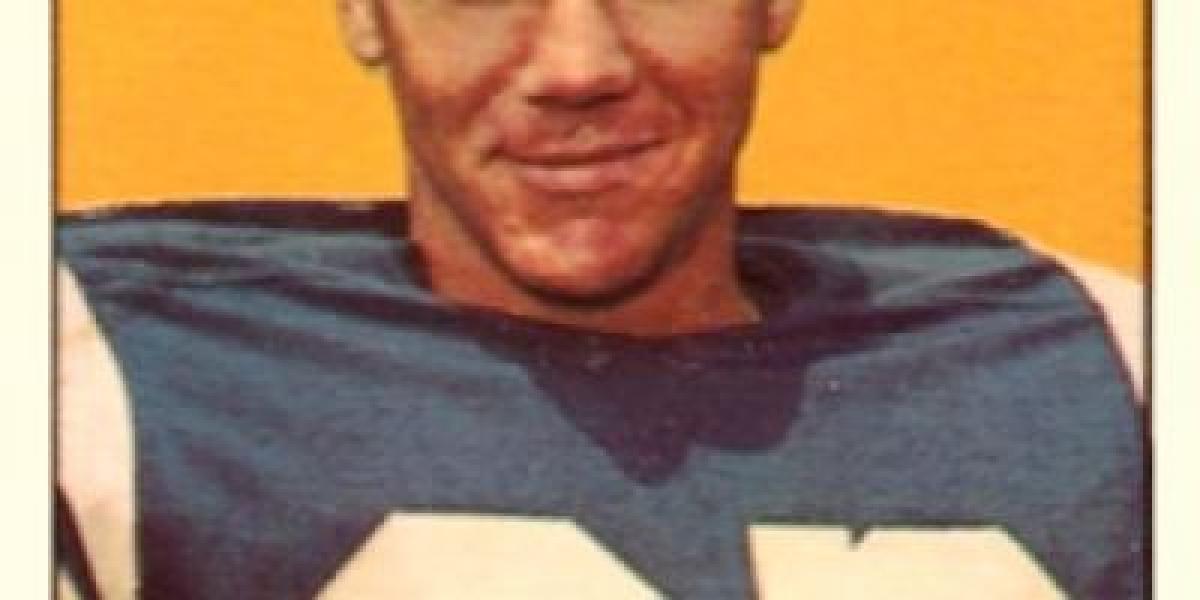High School and College Career
Berry's journey began at Paris High School in Texas, where his talent wasn't initially recognized due to a leg length discrepancy. He eventually earned a starting position and honed his skills at Shreiner Junior College before transferring to Southern Methodist University (SMU). At SMU, Berry flourished, becoming team captain and earning All-Southwest Conference honors in 1954. His impressive college career caught the attention of NFL scouts.
Road to the Pro Game
Despite his college success, Berry was drafted in the 20th round by the Baltimore Colts in 1954. Playing under Coach Weeb Ewbank, Berry began as a third-string option. However, his dedication, work ethic, and precise route-running gradually earned him a starting spot. In 1958, Berry's career took a significant turn. The arrival of Johnny Unitas at quarterback fostered a partnership that would redefine the game. Berry's ability to exploit gaps in the defense, combined with Unitas's pinpoint passing, revolutionized the offensive scheme and earned the duo the nickname "The Baltimore Colts' Unitas-to-Berry Show."
From 1958 to 1967, the Unitas-Berry connection dominated the NFL. Berry became the league's leading receiver three times, played in six Pro Bowls, and was a crucial contributor to the Colts' victories in the 1958 and 1959 NFL championships. He retired in 1967 as the NFL's all-time leader in receptions (631) and receiving yards (9,275).
While Berry's playing career spanned only 13 seasons, his impact transcended the statistics. He became synonymous with precise route running, demonstrating the power of dedication and tireless practice. His success alongside Unitas redefined offensive strategies, showcasing the potential of the passing game and influencing generations of quarterbacks and receivers.
Football Legacy
Following his playing career, Berry embarked on a successful coaching journey. He served as an assistant coach for several teams before becoming head coach of the New England Patriots in 1984. Despite limited initial success, Berry's leadership and focus on creating a winning culture eventually paid off. He led the Patriots to their first Super Bowl appearance in 1986, laying the foundation for the team's future success.
Raymond Berry's legacy goes beyond statistics and championships. He embodies the spirit of perseverance, demonstrating that hard work and dedication can lead to success, even when faced with challenges. His contributions as a player, coach, and mentor continue to inspire current and future generations of football players and coaches. While Berry's playing career might not stand out as brightly as some, his impact on the game endures, firmly etching his name in the annals of football history.




